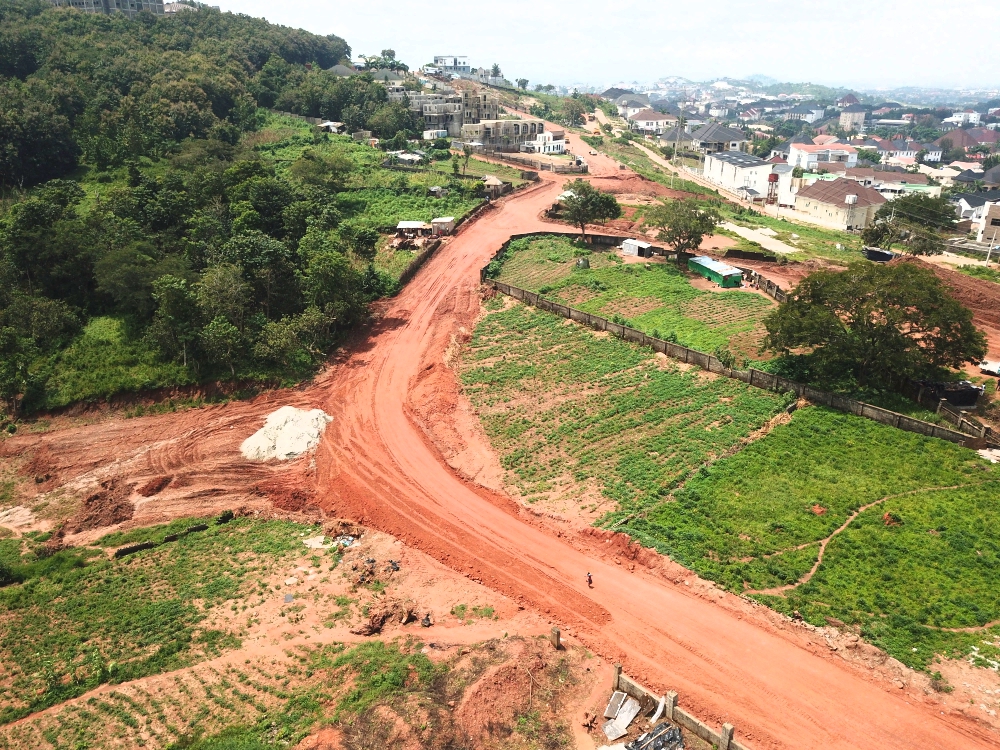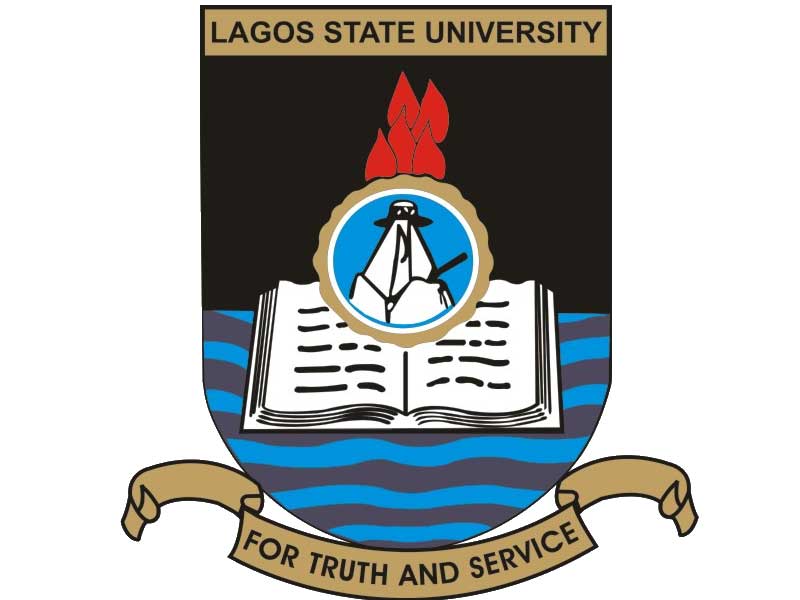FCT’s infrastructural development fulfilling Tinubu’s vision – Wike
By Angela Atabo
The Minister of the Federal Capital Territory (FCT), Mr Nyesom Wike has described the ongoing infrastructural development in the FCT as a “fulfilment of President Bola Tinubu’s vision” for the nation’s capital.
Wike said this on Monday, while inaugurating the construction of Mohammed Isa Road Extension in Asokoro District, Abuja.
He faulted critics who claimed that Tinubu was not working saying, “you cannot say FCT is working and Mr President is not working. It doesn’t make sense.
“He is working through us. We carry out the directive; we carry out instructions; and we carry out the vision of Mr President and one of the visions is that FCT must compete favourably with other cities of the world. That is what we are doing”.
The minister urged Nigerians to be truthful to themselves, stressing that if the ongoing infrastructural developments were done before now, the Tinubu administration would have channeled the resources to other things.
The minister pointed out that the way Abuja was two years ago is not the way it is today, assuring that it would not be the same tomorrow.
He appealed for continued support to the present administration, noting that Tinubu had demonstrated leadership and commitment to change the lives of Nigerians.
Wike explained that the ongoing massive investment in schools’ rehabilitation and other interventions in transport and other sectors was to ensure balanced development across the FCT.
“We have touched transport, we have touched roads, we have touched sports, we have touched education, and now we are touching the health sector.
“I assure you, no sector will be left untouched. All we need to do is just to be patient, and to be patient means to give us time,” he said.
The minister, however, pointed out that all planned development efforts largely depend on the availability of resources and urged residents to support the administration by paying their taxes.
“All these good roads, good drainage system, and the street lights, wouldn’t be possible if you don’t pay taxes.
“Try and pay your taxes so we can provide more of these roads, connect the drainages and keep our environment clean,” he said. (NAN)
Edited by Yinusa Ishola and Yakubu Uba





